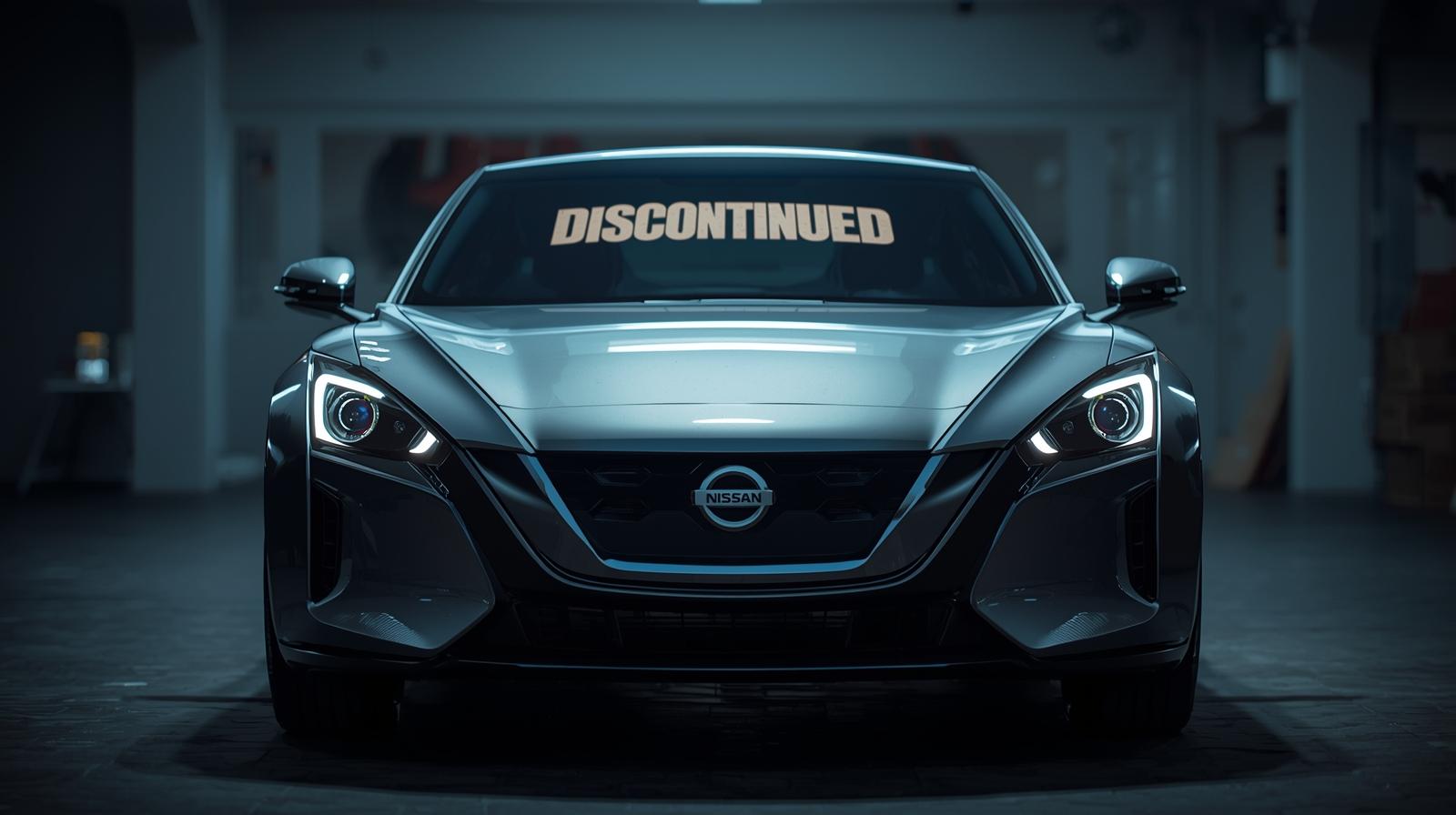What Is The Minimum Car Insurance Requirements In New York?
New York is one of the most heavily populated and most heavily regulated states when it comes to car insurance. All drivers in New York must carry the minimum liability coverage, which on average, is much higher than in other states.
The minimum requirements for auto insurance in New York are no-fault (personal injury protection), liability, and also uninsured motorist insurance. These cover nearly all bases for accidents which can really help you out in the highly-populated state.
Grasping the full range of insurance coverages available to you as well as the laws and regulations that apply to New York drivers, is essential when determining what type of coverage to purchase.
When Should You Insure Your Vehicle In New York?
New York requires all vehicles to be registered and insured at the same time, even if you don't plan to drive it right away. As soon as you purchase a car, you must register it with the New York DMV and provide proof of insurance.
The only exception is if you will be registering an antique vehicle that won't be driven on public roads. In this case, you can register your vehicle in NY without having to provide proof of insurance.
Before you can drive your car, you must have the minimum amount of coverage required by New York law. It's important to make sure that you purchase the right kind and level of car insurance that best meets your needs and budget.
Having insurance is not only helpful in avoiding hefty fines and penalties, but it also helps protect you and your family financially in the event of an accident.
Understanding the minimum requirements is essential, and considering whether to have additional add-ons can also reduce the financial burden of an accident in the long term. Having a vehicle in New York is essential for nearly every citizen, so ensuring yourself properly is just as important.
Understanding the Basics of Auto Insurance Requirements in New York
While New York isn't one of the biggest states in the US (ranking number 27th in size), the population is relatively large, and the traffic is often dense. That's why being certain that you have the right amount of coverage is so important.
No-Fault: This coverage pays the medical expenses of any person injured in a car accident, regardless of who is at fault. Personal Injury Protection also covers lost wages and other costs associated with an injury.
Liability Insurance: This pays for damages caused to the other person's property if you are at fault in an accident. Liability coverage also provides legal protection if you are sued after an auto accident.
Uninsured Motorist Insurance: This coverage pays for medical and property damage expenses if you are in a crash with a driver who doesn't have auto insurance.
The amount of money that needs to be covered under New York insurance policies is a lot higher than in other states as well. This is because public property is valued a lot higher than in other states, and the cost of medical expenses is often much higher.
It is important to know that these are the only minimum requirements for car insurance in New York. You may need additional coverage based on your individual needs, such as comprehensive or collision coverage for a financed vehicle.
What Are The Best Forms Of Additional Coverage Available In New York?
Comprehensive coverage is the top form of additional coverage that can be taken out in New York. This coverage pays for repairs to your car if it is damaged by something other than a crash, such as fire, theft, or vandalism.
Comprehensive coverage is a great additional coverage to have as you can ensure your vehicle is covered in the events of natural disasters or extreme weather.
While the weather in New York is relatively mild, there is still a risk of hail, flooding, or heavy snowfall. Considering additional coverage is a good option if you have an expensive vehicle and want to ensure it is fully protected no matter what.
If you are financing your vehicle, your lender may require collision coverage as part of your agreement. This coverage pays for repairs or replacement of the car if it is damaged in an accident.
Collision coverage on top of the minimum New York auto insurance requirements can provide a greater level of security and peace of mind. You won't have to worry about the expenses associated with damages to your vehicle if you are involved in an accident, but the upfront expense is greater.
While there are a few things you can't control that affect your insurance rate, there are a couple of things you can do to keep costs as low as possible.
What Has The Biggest Impact On Auto Insurance Rates In New York?
The most important thing when it comes to auto insurance rates in New York is your driving record. Insurance companies review a person's history of speeding tickets, DUIs, and other violations to assess risk and assign an appropriate rate.
Keeping a clean driving record is one of the best ways to get the lowest possible insurance rate in New York.
Another factor that has a big impact on rates is credit scores. Insurance companies often use your credit score to determine premiums because it's seen as an indicator of how efficient you are with your finances.
While the minimum coverage for New York doesn't change, the rate at which you pay for it can vary greatly depending on a number of factors. In general, the more careful you are behind the wheel and the better your credit score is, the lower your insurance rate will be.
If you're searching for auto insurance in New York, it's important to understand all of the requirements and options available so that you can make a better decision. Shopping around for the best rate is a great way to save money, so be sure to compare rates from multiple providers.
The Benefits of Higher Deductibles on Your Auto Insurance Policy in NY
When it comes to the minimum insurance requirements in the state of New York, having a good deductible is going to be essential to getting the most out of your policy.
A deductible is an amount that you agree to pay out-of-pocket before your insurance company starts reimbursing you for any damage or expenses incurred due to a collision or other covered incident.
The higher the deductible, the lower the monthly premium payments will be on your auto insurance policy.
This is because the insurance company assumes that you are willing to pay more of your own money before they have to provide coverage, so they can lower their overall costs associated with your policy.
By choosing a higher deductible, you're able to get some of the same coverage for less money each month as long as you're careful not to get into any accidents.
Getting proper coverage in New York can be expensive, especially if you have additional forms of coverage on top of the minimum. While it may seem costly, if you're confident that you won't be in any accidents, then the benefit of a higher deductible could be worth it in the long run.
To get the most out of your auto insurance policy and take advantage of discounts, always make sure to shop around and compare rates from different providers. With some research, you can find the best deal that fits your needs and budget.




